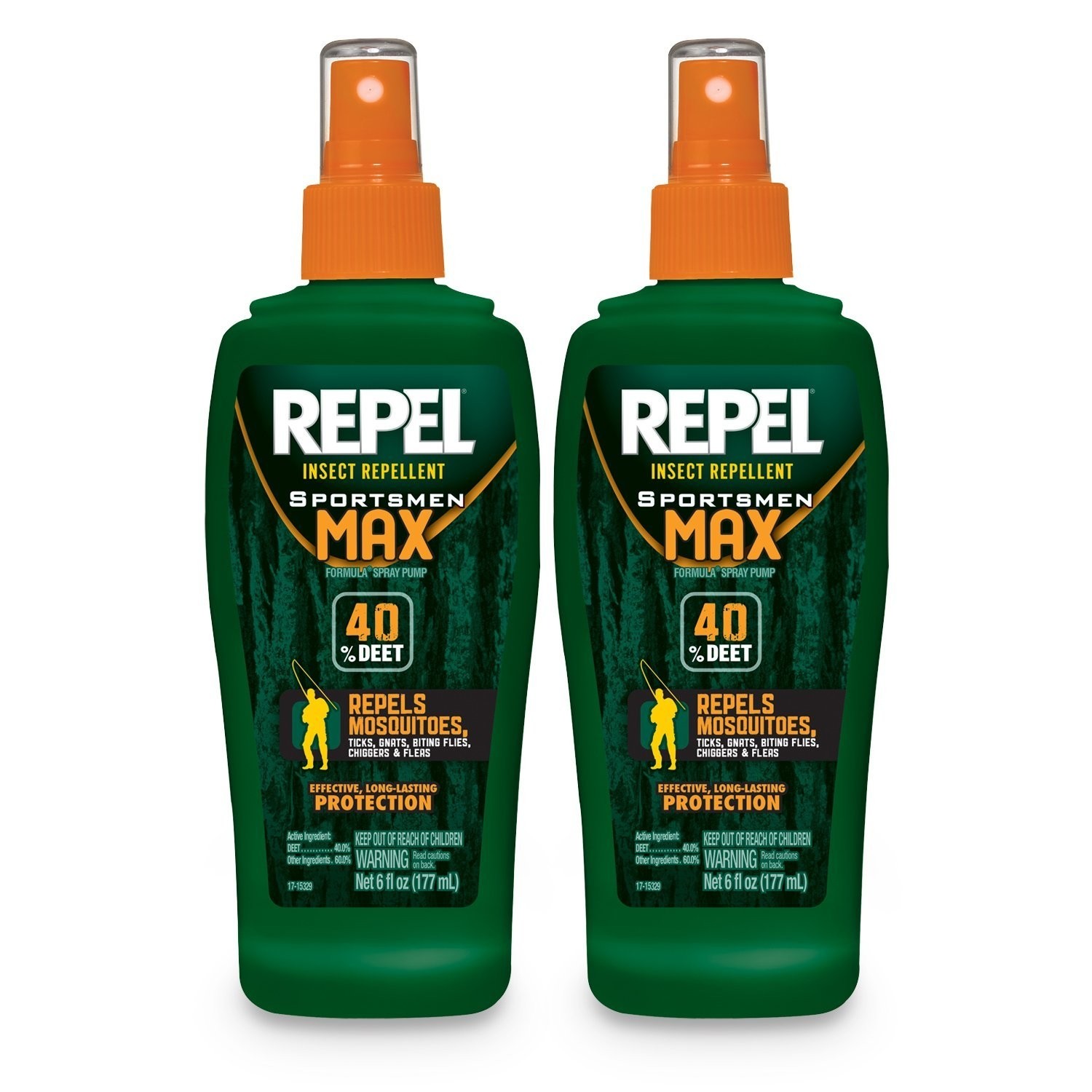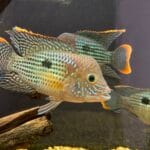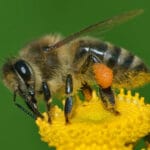Mosquitoes and gnats—those tiny terrors that can transform a perfect summer evening into an itchy nightmare. But don’t despair! This comprehensive guide navigates the world of insect repellents, offering proven strategies and natural solutions to keep these buzzing nuisances at bay. We’ll compare the best options, from DEET to DIY remedies, empowering you to choose the right repellent for your lifestyle and reclaim your outdoor enjoyment.
Understanding Your Enemy: Gnats vs. Mosquitoes
Before selecting a repellent, it’s crucial to understand the differences between gnats and mosquitoes. While both are irritating biters, mosquitoes are larger and can transmit diseases, making protection paramount. The optimal repellent will depend on the specific biting insect prevalent in your area. Some regions experience higher populations of one type over the other. There are many types of gnats; fruit flies, fungus gnats and eye gnats are just a few. The effectiveness of a repellent may vary depending on the gnat species involved.
Chemical Repellents: The Heavy Artillery
Chemical repellents offer potent, long-lasting protection, often preferred for outdoor adventures or areas with high insect populations.
DEET: The Gold Standard
DEET remains the gold standard, providing highly effective protection for several hours, depending on concentration. The Environmental Protection Agency (EPA) recommends lower concentrations for children. While generally safe, some people experience mild skin irritation.
Picaridin: A Gentler Giant
Picaridin offers comparable potency to DEET, often with gentler effects on the skin. It provides longer protection than many natural alternatives.
IR3535: The Milder Option
IR3535 is a milder repellent, suitable for those with sensitive skin. However, it may not be as powerful as DEET or Picaridin. It’s a good choice if you seek less potent protection.
Effectiveness and Safety Comparison
The table below compares the effectiveness, duration, and potential skin irritation of common chemical repellents. Remember, effectiveness can vary based on insect populations and environmental factors.
| Repellent | Effectiveness | Typical Duration (Hours) | Potential Skin Irritation | EPA Registered? |
|---|---|---|---|---|
| DEET | Very High | 4-12+ | Moderate | Yes |
| Picaridin | Very High | 6-8+ | Low | Yes |
| IR3535 | High | 4-6 | Low | Yes |
Natural Repellents: A Gentler Approach
Natural repellents offer an environmentally friendly alternative, although their potency and duration are generally lower than chemical options.
Oil of Lemon Eucalyptus (OLE): A Popular Choice
OLE is a popular natural repellent, particularly for those sensitive to chemicals. It provides decent protection but doesn’t last as long as DEET or Picaridin. Important Note: OLE is not recommended for children under three years old.
Herbal Options: A Variable Landscape
Many herbs, such as lavender, lemongrass, and rosemary, are believed to possess insect-repelling properties. However, their effectiveness is variable, often depending on concentration and plant source. Homemade sprays using these ingredients are a possibility, but their consistency in repelling insects is questionable. Some experts believe that the concentrations needed for effectiveness aren’t easily replicated at home. There is ongoing research to refine our understanding of the precise mechanisms of action and effectiveness of these natural repellents.
Natural vs. Chemical: Weighing the Pros and Cons
The choice between natural and chemical repellents is ultimately personal. Consider the following summary:
| Feature | Natural Repellents | Chemical Repellents |
|---|---|---|
| Effectiveness | Generally Lower | Generally Higher |
| Duration | Shorter | Longer |
| Skin Sensitivity | Usually Low | Varies; some can cause irritation |
| Environmental Impact | Generally Lower | Potentially Higher |
| Cost | Can be initially lower, more frequent application | Higher upfront cost |
DIY Repellents: A Homemade Approach
While convenient, commercially-prepared repellents may not be effective for everyone. Experiment with making your own repellents:
Recipe 1: Citrus & Herb Spray
- Mix equal parts lemon eucalyptus oil, lavender oil, and water in a spray bottle.
- Shake well before each use.
- Spray on exposed skin, avoiding eyes and mouth. Reapply frequently. Likely less effective than commercial options.
Recipe 2: Apple Cider Vinegar Spray
- Combine 1 part apple cider vinegar with 1 part water.
- Add a few drops of peppermint or tea tree oil (optional).
- Spray onto exposed skin. Avoid contact with eyes and open wounds. Reapply as needed. Likely less effective than commercial options.
Prevention: Proactive Defense
Proactive measures significantly reduce gnat and mosquito populations.
Eliminate Standing Water: Mosquitoes breed in stagnant water. Empty containers, clean gutters, and maintain birdbaths regularly.
Yard Maintenance: Trim bushes and grass, remove leaf litter—eliminate hiding places.
Seal Your Home: Repair cracks or gaps in windows and doors to prevent insect entry.
Use Screens: Install screens on windows and doors.
Dealing with Bites
Most bites cause minimal discomfort, but here’s what to do:
- Clean the bite: Wash with soap and water.
- Reduce swelling: Apply a cold compress.
- Soothe the itch: Use over-the-counter anti-itch creams.
- Seek medical attention: For excessive swelling, fever, or allergic reactions.
What’s the Best Thing for Gnats and Mosquitoes? A Multi-Faceted Approach
There’s no single solution; effectiveness depends on individual needs and preferences.
Understanding Life Cycles
Mosquitoes require standing water to breed; various species prefer different environments. Gnats, frequently encountered indoors, thrive in damp soil (e.g., houseplants). Understanding life cycles is essential for targeted control.
Repellents: Your First Line of Defense
Chemical repellents (DEET, Picaridin, IR3535) offer strong protection, while natural options (citronella, lemongrass) are gentler but less effective. The best approach likely involves a combination of strategies.
| Repellent Type | Effectiveness | Duration (Hours) | Gentleness | Environmental Impact |
|---|---|---|---|---|
| DEET | Excellent | 4-12+ | Moderate | Moderate |
| Picaridin | Excellent | 6-8+ | High | Low |
| IR3535 | Good | 4-6 | High | Low |
| Citronella Oil | Fair | 1-2 | High | Low |
| Lemongrass Oil | Fair | 1-2 | High | Low |
Traps: A Supplemental Strategy
Traps (UV light for mosquitoes, sticky traps for gnats) can be helpful, but they are most effective when used in conjunction with other control methods.
Prevention: The Foundation of Success
Eliminating standing water, maintaining a clean yard, and sealing your home are paramount. Prevention minimizes the need for repellents.
The Winning Combination: Integration for Optimal Results
The most effective approach involves combining repellents, traps, and preventative measures. A layered strategy likely provides the most comprehensive protection.
Safety First: Always Follow Instructions
Always follow product instructions carefully. Chemical repellents should be used judiciously, especially near children and pets. Consult a professional pest control service if needed. Ongoing research is constantly refining our understanding of effective and safe pest control, so stay informed and consider consulting reliable sources for the latest information.
Will Mosquito Spray Repel Gnats?
While some mosquito sprays might repel some gnats, it’s not guaranteed. The effectiveness depends on the repellent’s active ingredients (DEET is generally more effective against a wider range of gnats than Picaridin), its concentration, and the specific gnat species. A multi-pronged approach—combining repellents with protective clothing and preventative measures—is generally recommended.
| Repellent Type | Key Ingredient | Effectiveness vs. Gnats | Safety Notes | Cost Range |
|---|---|---|---|---|
| Mosquito Spray (Type A) | DEET (e.g., 20%) | Moderate to High | Generally safe, but can irritate some skin | $8 – $15 |
| Mosquito Spray (Type B) | Picaridin (e.g., 20%) | Moderate | Generally safe, usually less skin irritation | $10 – $18 |
| Natural Spray | Citronella/Lemongrass | Low | Generally safe, but allergic reactions possible | $6 – $12 |
What Scents Repel Mosquitoes and Gnats?
Various scents offer varying degrees of repellent properties.
Natural Repellents: Plants and More
Many plants and essential oils (citronella, lavender, peppermint, lemon eucalyptus, catnip) possess insect-repellent properties, but their effectiveness is often limited and requires more frequent application than chemical options.
Chemical Repellents: The Power Players
DEET and Picaridin provide longer-lasting protection than natural options. IR3535 and OLE also offer protection, but their duration is shorter. Always follow label instructions carefully, especially when using around children.
DIY Repellents: A Personalized Touch (With Cautions!)
Homemade repellents can be made, but their effectiveness likely won’t match commercial products. Always test a small area of skin first before widespread application and remember that they may require more frequent reapplication.
Simple Citronella Spray:
Combine 10 drops of citronella essential oil with 2 ounces of water in a spray bottle. Add a teaspoon of witch hazel (or vodka) as a preservative. Shake well before each use and spray on exposed skin. Reapply frequently.
Lavender and Peppermint Blend:
Mix 5 drops each of lavender and peppermint essential oils with 2 ounces of water. Add a teaspoon of witch hazel (or vodka) as a preservative. Shake well and spray generously on skin, reapplying as needed.
Beyond Repellents: A Proactive Approach
Eliminating breeding grounds (standing water for mosquitoes, damp soil for gnats) is crucial. Maintaining a clean yard, sealing your home, and using screens will minimize infestations.
Combining Strategies for Optimal Results
For best results, combine repellents, protective clothing, preventative measures, and potentially traps. A comprehensive, multi-faceted strategy likely offers the most effective and sustainable control over mosquitoes and gnats. Remember, ongoing research continues to provide refined understandings of what works best. Stay informed and enjoy a pest-free summer!
- China II Review: Delicious Food & Speedy Service - April 17, 2025
- Understand Virginia’s Flag: History & Debate - April 17, 2025
- Explore Long Island’s Map: Unique Regions & Insights - April 17, 2025
















